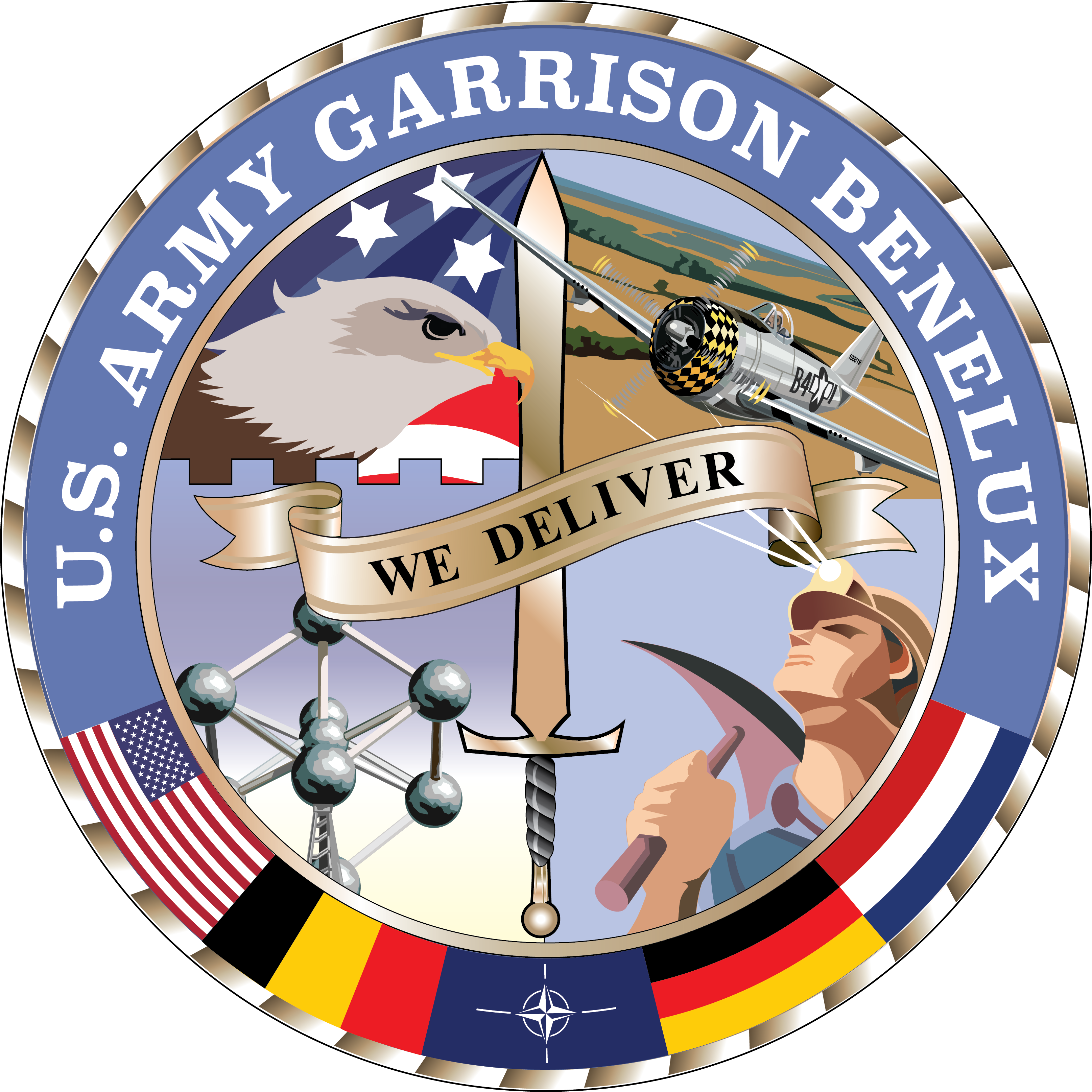
Athletes compete in speed-skating
Special Olympics recognizes exceptional athletes around world, in western Europe
Story courtesy of John Jones, Equal Employment Opportunity officer, disability program manager, USAG Benelux
CHIÈVRES, Belgium – As the global population adapts to rapid changes in social interaction, technologies such as the Internet and smartphones help us maintain contact. Persons with disabilities are sometimes overlooked when it comes to fast-moving changes, but there is one organization that strives to maintain a sense of balance for persons with intellectual disabilities: the Special Olympics.
Eunice Kennedy Shriver founded the Special Olympics in 1968. Shriver was one of nine children, and growing up among her siblings, Eunice Kennedy was often reminded by her parents to make sure her sister Rosemary, who suffered from a mild form of intellectual disability, was included in activities. Growing up in a large, physically active family, Shriver recognized the positive impact of sports activity and realized that children with intellectual disabilities could benefit from active engagement in sports activities. Based on that observation and awareness, Shriver opened her family home and property as a safe environment for families to bring intellectually disabled children to enjoy group physical activities. The Shriver residence became known as Camp Shriver. Ultimately, Shriver went on to establish the Special Olympics.
The inaugural Special Olympics were conducted in July 1968, in Chicago. During that event, Shriver predicted one million intellectually challenged athletes would someday compete. Today more than 5 million athletes train year-round under the guidance of 221 Special Olympics chapters spanning 170 Countries. The Special Olympics are hosted at different locations every two years and alternate between Summer and Winter World Games. In the region of Europe/Eurasia 58 countries have active Special Olympics chapters. The most recent Special Olympics World Games hosted by a Europe/Eurasian host country were the 2017 Special Olympics World Winter Games, in Schladming, Austria.
The official mission of the Special Olympics is to “provide year-round sports training and athletic competition in a variety of Olympic-type sports for children and adults with an intellectual disability, giving them continuing opportunities to develop physical fitness, demonstrate courage, experience joy and participate in the sharing of gifts, skills and friendship with their families, other Special Olympics athletes and the community.”
While each participating country has an objective to meet the mission of the organization, different approaches are taken dependent on the specific needs and challenges of their members. Globally, chapters use programs such as Family Support Networks, Motor Activities Training Programs, and Law Enforcement Torch Runs as developmental opportunities for participating athletes.
A recently developed program is the Special Olympics Unified Champion Schools® program. In these participating schools, the focus is aimed at promoting social inclusion through systems-wide change. Each program is unique to the needs of the school and attendees, but all promote the inclusion of persons with intellectual disabilities with sports as a baseline unifying activity. All students at these Unified Schools are encouraged to participate, and non-disabled students are referred to as Unified Partners.
Below is a snapshot of Special Olympics participation within the U.S. Army Garrison Benelux’s host nations and one of the garrison’s namesakes:
- As of 2019, 19,840 Athletes and Unified Partners are registered with the Belgium Special Olympics with 2,600 Coaches in 27 official sports programs. The Belgium Special Olympics were founded in 1979, have participated in 67 competitions, and since 2007, a total of 342 athletes and unified partners were sponsored to represent Belgium in Summer and Winter Games.
- The Netherlands has 27,357 registered Special Olympics athletes and Unified Partners in 26 sports programs as of 2019, supported by 3,452 Coaches. Founded in 1993, the Netherlands Special Olympics program has competed at 737 events and sent 347 sponsored athletes and unified partners to Special Olympics World Games since 2007.
- Special Olympics have been active in Germany since 1991, and are scheduled to host Special Olympics World Summer Games 2023. Germany has sent 572 athletes and Unified partners to Special Olympics World Games since 2011 and have an overall registration of 28,448 Athletes and Unified Partners being coached by 1,272 supporters in 30 different official sports programs.
- Luxembourg opened a chapter of Special Olympics in 1990 and currently has 560 registered Athletes and Unified Partners in 14 sports programs training with 77 Coaches. Since formation, the Luxembourg Special Olympics program has participated in 11 competitions and sponsored 166 athletes and unified partners at Special Olympics World Games since 2007.
Special Olympics is a global endeavor. If someone in your area of influence can benefit from the programs offered by Special Olympics, please share this information. With programs across the globe, it’s possible the development and inclusion of persons with intellectual disabilities doesn’t have to wait until you are back stateside.
Important links:
- Special Olympics Global Site: https://www.specialolympics.org
- Special Olympics Belgium: https://www.specialolympics.be
- Special Olympics Germany: https://www.specialolympics.de
- Special Olympics Luxembourg: https://www.specialolympics.lu
- Special Olympics Netherlands: https://www.specialolympics.nl
- Finding a Program (global): https://www.specialolympics.org/programs
- Finding a Unified School: https://www.specialolympics.org/our-work/unified-champion-schools




